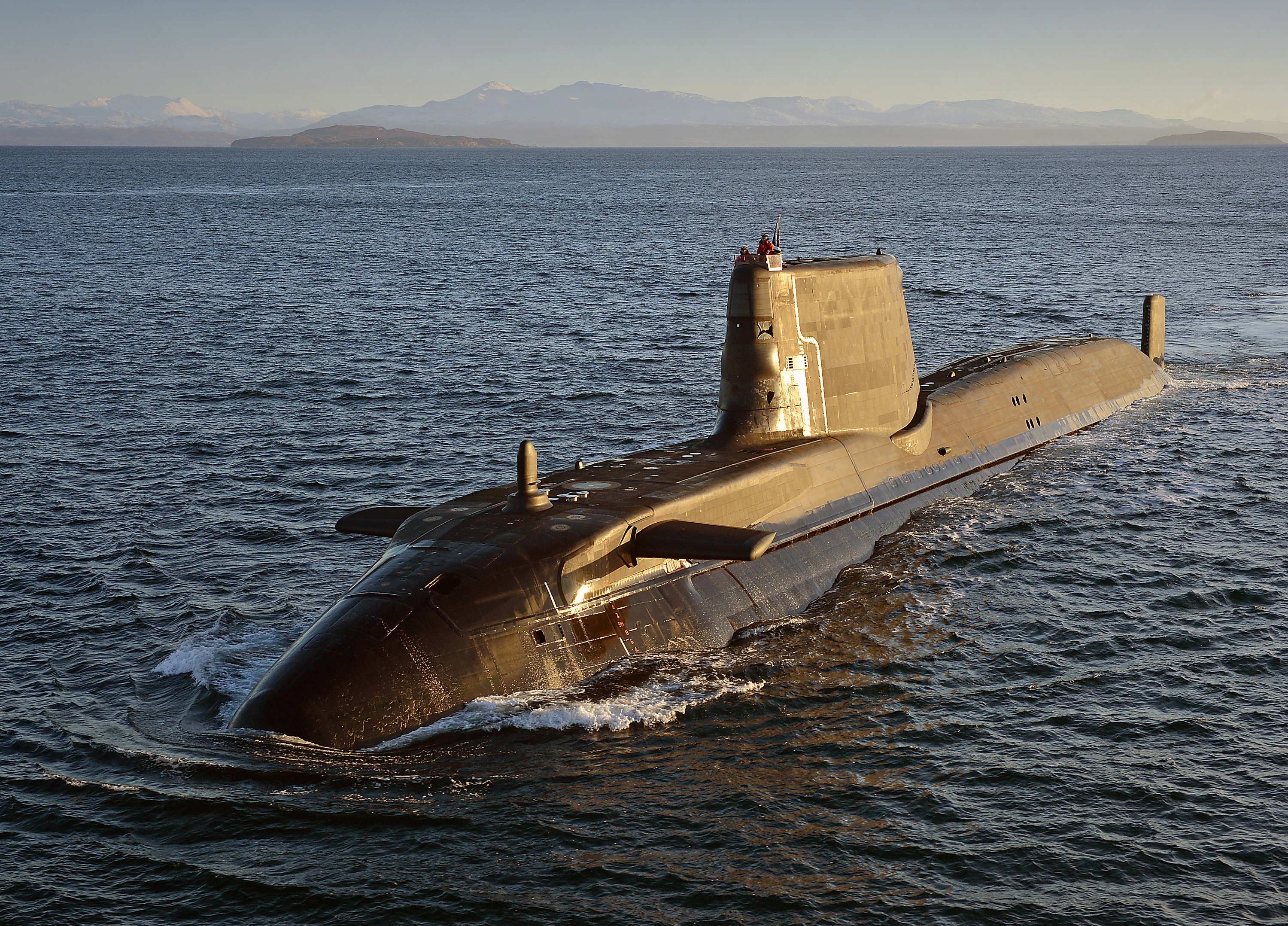
BAE Systems has received a $12 million Phase 2 contract from the Air Force Research Laboratory (AFRL) to further develop a low cost, all-weather, multi-mode (radar/infrared) open architecture seeker under the Maritime Weapon Innovation Program (MWIP) Joint Capability Technology Demonstration (also known as QUICKSINK).
QUICKSINK munition concept provides air-delivered maritime surface vessel defeat capability for the warfighter via a cost-effective precision-guided munition kit.
The program aims to integrate the new seeker developed by BAE Systems’ FAST Labs research and development organization.
The Weapon Open Systems Architecture (WOSA) compliant seeker is designed to be plug and play – providing semi-autonomous precision targeting of maritime surface vessels at low cost by retrofitting existing weapon systems to achieve torpedo-like seaworthy capabilities from the air.
Peter Dusaitis, chief scientist at BAE Systems’ FAST Labs, said: “Our new multi-mode modular seeker enables precision identification and engagement of surface targets at great distances over a large area.
“Our seeker technology will greatly increase the warfighter’s capabilities, enabling combatant commanders with a new way to defend against maritime threats in a cost-effective manner.”
Phase 2 focuses on integration and test maturation of a prototype multi-mode seeker system through free flight capability demonstration against a maritime target.
Under the terms of the contract, BAE Systems is leading the development, integration and testing of its multi-mode seeker for maritime strike applications.
The company’s solution extends and uses its experience from Phase 1, its precision munitions portfolio, and sensor research area.
Its previous open architecture seeker development work includes the Seeker Cost Transformation (SECTR) program and its Microwave Array Technology for Reconfigurable Integrated Circuit (MATRICs) Transceiver – a field-reprogrammable array of radio frequency subsystems.
If you would like to join our community and read more articles like this then please click here.







